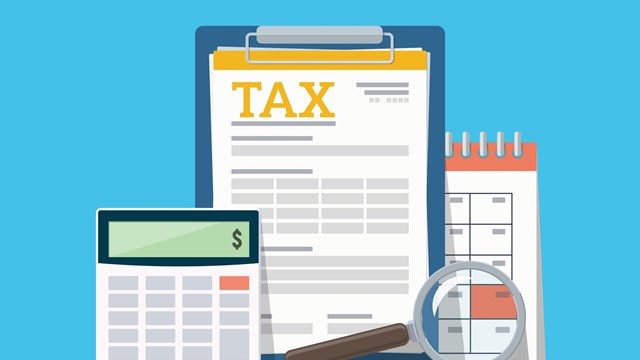If you are a New York homeowner, you may have heard about STAR, a program under the state's Department of Taxation and Finance that helps provides property tax relief. If not, you may be missing out on potential savings.
Here's an introduction in case you are unfamiliar: The STAR program (School Tax Relief) was launched in 1998-99. Originally intended to assist senior citizen homeowners, STAR was expanded over the years to include residential properties of all taxpayers to the benefit of local school districts. Under the program qualified homeowners receive a partial property tax exemption.
Condominiums and co-ops receive benefits from the STAR program as well as individual homeowners. In a condominium, the exemption and resulting savings flow directly to the condominium owner and in a co-op, the benefits are passed through by the co-op corporation to the individual shareholders through maintenance reductions resulting from credits.
Kinds of STAR
There are two types of STAR: Basic STAR and Enhanced STAR. They’re exemptions that reduce homeowners’ property tax bills by several hundred dollars per year.
Basic STAR is available to owners who occupy their homes as primary residences and where the income of the resident owner and their spouse is less than $500,000 annually. Basic STAR is based on the first $30,000 of the full value of the home.
Enhanced STAR provides an increased benefit for senior citizens described as age 65 or older with qualifying income of less than $86,000 for the year and is based on the first $65,500 of the full value of the home.
The STAR benefit applies to school district taxes only. County, town or city taxes are not considered or included in this program, except in the cities of New York, Rochester, Yonkers and Syracuse. In those cities, the exemption is applied partly to city taxes and partly to school taxes.
Things to Be Aware of
There have been changes to the STAR exemption system for 2016-17. The state budget includes a provision to transition STAR into a refundable personal income tax refund. Anyone who purchased a home and is paying school taxes for the first time in 2016-17 will receive their STAR savings as a refund check rather than a credit as it has been paid in the past. There is also a provision that permits existing homeowner recipients of STAR benefits to choose either a credit or the new income tax refund.
Additionally, new applicants who qualify for STAR will no longer apply through their local assessor’s office. They will register directly with New York State. If one is already registered there is no need to re-register as a result of the changes in the program.
The changes will affect new cooperative unit purchasers as well, if the purchase was made after August 1, 2015. According to the New York State Department of Taxation and Finance’s STAR program hotline (518-591-5235), “co-op unit owners who purchased their units after August 1, 2015 will receive their benefits in the form of a check, not a credit funneled through the co-op corporation. They need to register with the New York State Department of Finance on line.” The link to register is https://www.tax.ny.gov/pit/property/star/register-for-star-credit.htm
Woody Goldstein is a CPA and senior manager at Prager Metis, CPAs LLC, an accounting firm located in Woodbury, New York that specializes in accounting for co-ops, condos and HOAs. He says the end result of the change in the law will be nearly imperceptible.
“The change that will take place when the state sends checks directly to the homeowner is in accounting and bookkeeping at the property level,” he explains, “meaning that for the refund for the condo or HOA will go directly to the unit owner. Though I haven’t fully researched it yet, I believe in the case of the co-op the check will still go to the building association. Normally, in a co-op the credit is applied to the building tax bill because the co-op pays the real estate taxes on the overall property and then they issue a credit back to the unit owners to give each their share. This shouldn’t change. There really won’t be a significant change.”
A.J. Sidransky is a novelist and a staff writer for The Cooperator.







2 Comments
Leave a Comment